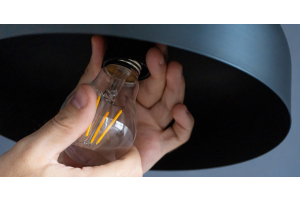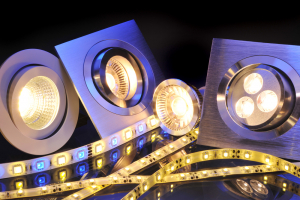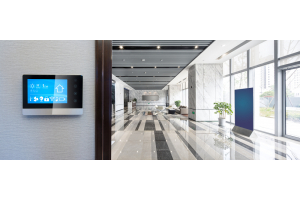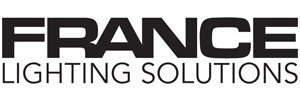Charging Up! - Explaining Electric Vehicle Chargers
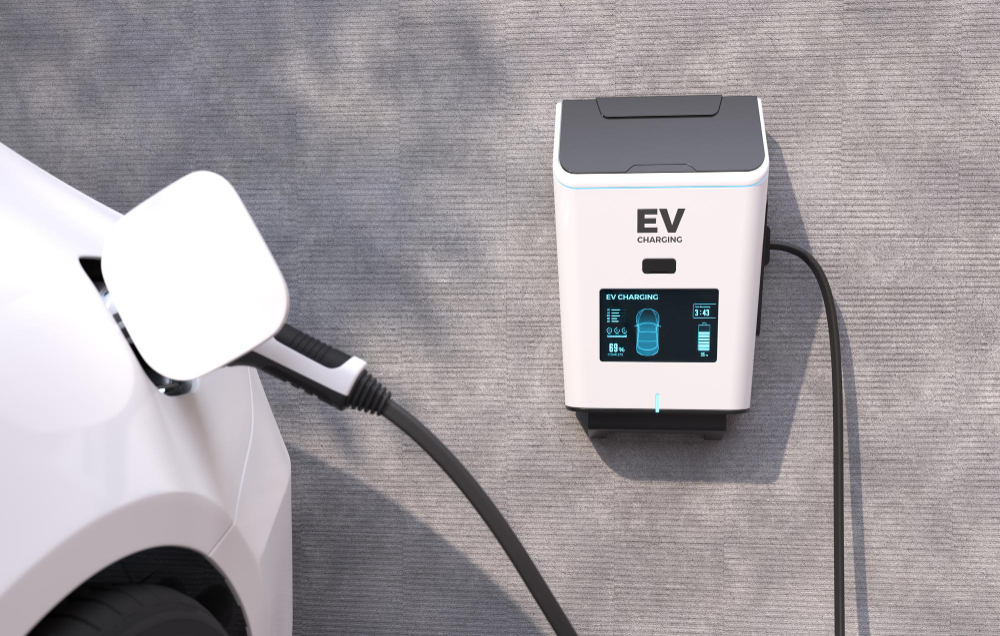
EV Chargers Explained: Choosing the best one for you and your electric vehicle.
While there is quite a bit of discussion these days surrounding the use of electric vehicles, the technology that powers these vehicles themselves don’t get nearly as much attention. Electric Vehicle (EV) Chargers, also known as Electric Vehicle Supply Equipment (EVSE), are available from a wide selection of manufacturers for both commercial and residential use, you may have even seen EV charging stations pop up in your local supermarket’s parking lot. With all the options such as charging levels, output wattages, software packages, as well as the mountain of available accessories, choosing the right EV charger can seem daunting. However, once you understand what criteria best fits the needs of your electric vehicle, it becomes much easier choosing the charger. This article will explain what each level of EV charger is, what software package and network connectivity options are available, and more, so that you have the information that you need to make an informed decision for whatever your use case may be. Additionally, we will describe the uses and options available for commercial EV charging stations as well.
The first thing that you may notice when looking at EV chargers is the different charging levels; Level 1, 2, and 3. Generally, the higher the level of charging equals a larger amount of power supplied to the vehicle, meaning a faster charging time. While it is impossible to supply too much power to a vehicle, it is still important to understand the best uses of each level with consideration given to each level’s charging time and power consumption.
Level 1: Rated for 120 V AC input current, Level 1 chargers are perfect for home use where they can be plugged into a common household socket. However, the typical power output of 1 kilowatt (equaling roughly 2 - 5 miles of range per hour) makes this the slowest level of EV charging. This slow charging time makes level 1 chargers impractical for battery-powered electric vehicles (BEVs), but perfect for Plug-in Hybrid Electric Vehicles (PHEVs). This is due to the smaller battery size of PHEVs, which can be fully charged by a level 1 charger overnight.
Level 2: This level is the most common, used in household applications as well as commercial and public charging stations. Level 2 chargers utilize an input current of 208 V AC for commercial applications and 240 V AC for household applications. These chargers While Level 2 chargers are more expensive than Level 1 chargers, they have a much faster charging time. The typical 32A Level 2 charger has an output rate of 7.7 kW (roughly equaling 10 to 20 miles per hour), fully charging a BEV in anywhere between 4 and 10 hours. This charging time can be further improved by using a 40A or 48A charger, but the differences between charger amperage outputs will be explored later on.
Level 3: This last level is also known as Direct Current Fast Charging (DCFC) or “DC Fast Chargers” and is only used by large, high-use charging stations. As the name suggests, Level 3 chargers use Direct Current instead of Alternating Current and require a supply of at least 400 V. This DC voltage supply requirement as well as the incredibly high up-front and operational costs makes Level 3 chargers only practical for public and commercial charging stations. That being said, Level 3 chargers can fully charge a BEV in as little as an hour, making them perfect for charging while you grab dinner or while shopping.
Another factor to consider is the amperage used by the EV charger. The amperage used by EV chargers can include a wide range including 16A, 24A, 32A, 40A, and 48A, with the latest chargers utilizing up to 80A. Most EV chargers on the market today are rated for a maximum of 40A, 48A, or 80A with options to adjust to several lower amperage settings. Be sure to match the maximum amperage allowed for your electric vehicle with an EV charger that offers that amperage. Generally, most electric vehicles today can sufficiently charge overnight using a 32A Level 2 charger, however the charging speed can be increased if desired by using a 40A or 48A charger. The higher the amps used, the faster the battery inside your electric vehicle will charge. Just be sure not to overshoot the maximum allowed for your electric vehicle as stated in your vehicle’s manual. Additionally, it is important to understand how many amps the EV charger itself will draw while charging. An additional circuit breaker may be required to allow for the safe and uninterrupted usage of higher amp chargers.
Network connectivity as well as software packages also need to be considered when picking out the right EV charger for you. A network connection allows you to remotely manage your charging station(s), monitor usage, control access, accept payments, and connect to your electrical utility through a third-party network provider. Depending on the brand and usage of the EV charger, the most common network connectivity options available are ethernet, WiFi, and 4G LTE. Access can be controlled through RFID cards and key fobs. This is typically used as an amenity, fee for service, employees only, etc.
In addition to network connectivity, many EV chargers utilize some sort of software to allow for the operation of the charger. This software is often sold by the manufacturer and can be bundled as a plan with the charger itself. This software is made to be compliant with Open Charge Point Protocol (OCPP). The use of OCPP allows for a standardized method of charging software across the entire industry. The latest version of OCPP improves device management, transaction handling, security, Smart Charging functionality, and much more. The implementation of OCPP allows for greater customization and configuration options, especially for those that operate large numbers of complex, multi-vender charging stations.
The last things to consider when choosing an EV charger are where to mount it (wall mount vs. pedestal) and cable management. If you have any further questions, please don’t hesitate to contact us at 888-307-3700. We have qualified lighting specialists that will make sure that you get the product that best suits your needs.



